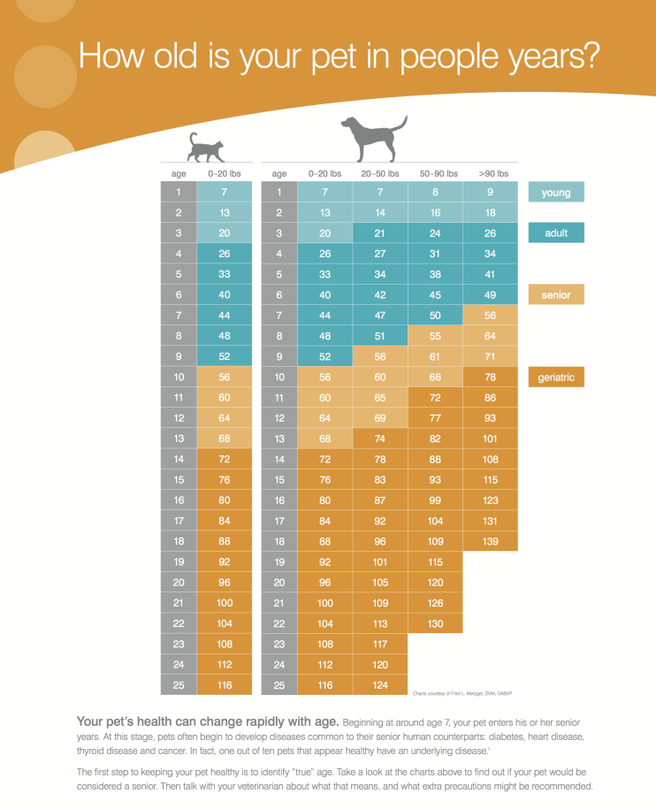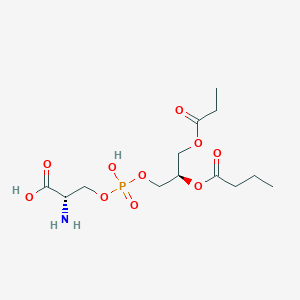|
When we normally think about our pets aging, we tend to mostly think about joint care and health, while neglecting cognitive health until we see some changes. The brain is part of the central nervous system, it plays a critical role in everything we do. Without it, we would all be a bunch of vegetables lying around, so it is very imperative we take extra good care of our brains and something to keep in mind for our pets as well, as they do go through the same things as we do, and cognitive health and aging is no exception. So, what is brain aging in pets? Well, just like us our beloved pets experience and develop age-related physiological deficiencies such as heart, liver and kidney disease, arthritis and vision impairment. The brain is no exception, and it can impact everyday activities. Another thing we must consider asking is, what is actually impacting cognitive function in our pets-is it just the aging process? Pesticides, herbicides, heavy metals such as mercury (thimerosal) in vaccines, and medications can impact our beloved pets’ central nervous system, pair that with poor nutrition and we can most certainly start seeing its detrimental effects. As I always say, they are already aging at a rapid pace (see age chart below), let us not mistakenly add to that burden. Percentage of dogs in each age group that are impaired by brain aging: 28%- 11-12 year old dogs 68%- 15-16 year old dogs Cognitive Health Declining is Identifiable Even thought the signs can be subtle at first, brain aging is a progressive process and the signs are likely to get worse over time. You can help your pet(s) live a long and healthy life as soon as you identify the behavior and take a plan of action. While every pet is different, a number of signs associated with brain aging/ impairment can be observed at home. Monitor your pet with these signs and symptoms;
Before we move on to things we can consider giving, let us look at things to absolutely avoid giving, things that will impair brain health, such as; high glycemic carbohydrates, gluten, flea and tick medication, over-vaccinating (consider tittering instead), rancid fats and exposure to chemicals. Here are some things to consider supplementing your pet(s) with, that is both natural and highly researched to support their cognitive health, it is also advisable to incorporate some of these to a healthy adult pet as a wonderful preventative, as the old saying goes, 'An ounce of prevention is worth a pound of cure'. Milk Thistle Milk thistle is traditionally known for its liver protective properties, but it simply does so much more that that. Not only promising as a cancer preventative, but the benefits of milk thistle also prevents impairment of both short-term and recognition memory. In a study conducted with mice, where they were injected with a highly toxic peptide fragment (also present in Alzheimer’s disease), which exerts neurotoxic properties and induces cognitive dysfunction, causing learning and memory impairment, the findings were that giving milk thistle actually prevented cognitive impairment. Milk thistle works as a super antioxidant, particularly protecting the hippocampus (part of the brain associated with memory) against oxidative damage caused by powerful neurotoxins. In the study, milk thistle also improved behavior abnormalities, including decreasing anxiety. There is also strong evidence supporting that milk thistle can potentially prevent Alzheimer’s disease. Milk thistle also promotes DNA methylation, and we will touch more on that in a little bit. Phosphatidylserine Phospha- whaa? Phosphatidylserine is a phospholipid, which is a class of lipids (fats) that makes up a major part of cell membranes, but it is most concentrated in the brain and cerebral cortex. Research has demonstrated that supplementing with phosphatidylserine possesses the ability to enhance cognitive function, specifically improving learning and concentration. Clinical trials also reveal that it proves to be effective in other forms of cognitive dysfunction, like age-related memory impairment, dementia and improving mental stamina in high-end athletes. According to one study conducted in 2012 where phosphatidylserine was given to dogs with cognitive disorders, these were the study findings:
This was only after 7 days of supplementation! Additionally, phosphatidylserine proved to significantly reduce cortisol levels in the body (cortisol is a hormone released in the body in response to stress), which means it elevated mood. Memory, learning, concentration, mood and overall cognitive stamina can be improved by phosphatidylserine- sign me up please! SAMe (s-adenosylmethionine) Some may or may not recall that I am always talking about this thing called DNA methylation- DNA methylation is an important epigenetic signaling tool for normal gene expression, a.k.a. very important stuff! Enter in SAMe. SAMe is a major methyl donor for the brain, it is responsible for forming a variety of compounds, such as neurotransmitters, phospholipids, proteins, glutathione (body’s most powerful antioxidant), myelin, carnitine, CoQ10, and creatine. SAMe helps with membrane fluidity and increases levels of serotonin, melatonin and dopamine metabolites. When given to senior dogs with signs of cognitive dysfunction, SAMe showed favourable results after just one month of use, including:
Another study proved while supplementing with SAMe that there was improvement in cognitive processes including; attention, problem solving and balancing mood. SAMe has also been found to support joint health in osteoarthritic patients, and is as effective as NSAIDs (minus the liver harming effects- SAMe is actually great for liver health), because of its anti-inflammatory and joint protective qualities. In fact, in some European countries it is classified as a drug-That’s how effective it is! SAMe actually works in conjunction with B-vitamins, (which are also methyl donors), so supplementing with a B-complex is recommended. Omega-3s paired with MCT oil Okay so this is technically two, but for a reason-- Reason being is that MCT oils (medium chain triglycerides), help the body use omega-3 fatty acids more efficiently and actually increase omega-3 concentrations in the brain. MCTs readily cross the blood-brain barrier, supplying 20% of a normal brain’s energy requirements. These two oils posses many therapeutic qualities, simply too many to list here, but the reason why it is mentioned here is because of its amazing ability to improve brain and even joint function in older dogs and people. Omega-3s that have EPA/DHA have been studied numerous times, especially for diseases such as Alzheimer’s and Schizophrenia, as they have lower DHA levels in the brain. Also, powerful positive research-based evidence on memory loss, depression, concentration and improving mood. Omega-3s are also a great anti-inflammatory. A study conducted in 2012 consisting of 48 beagle puppies, showed that dietary fortification of fish oil rich in DHA following weaning resulted in improved cognitive learning, memory, psychomotor, immunological and retinal functions during developmental stage, as well as having a nutrient-rich diet. Make sure the sourcing is organic and preferable in a glass bottle. We hope you found this article useful, the information here doesn’t just pertain to pets, but to humans as well. Ask us if any of these will be right for your pet(s) and for specific dosing, and as always, consult you veterinarian before introducing anything new to your pet, especially if they are on medications.
0 Comments
Leave a Reply. |
AuthorLucy is an avid pet mom; with dogs, cats, goats and horses to keep her busy! All of her pet 'kids' are fed a species appropriate diet with proper supplementation so she can watch them thrive. Her expertise and experience lie in nutraceutical supplementation and is a health advocate for proper diet and nutrition. Her other passions in life are schutzhund and equestrian riding. Archives
July 2024
Categories |







 RSS Feed
RSS Feed